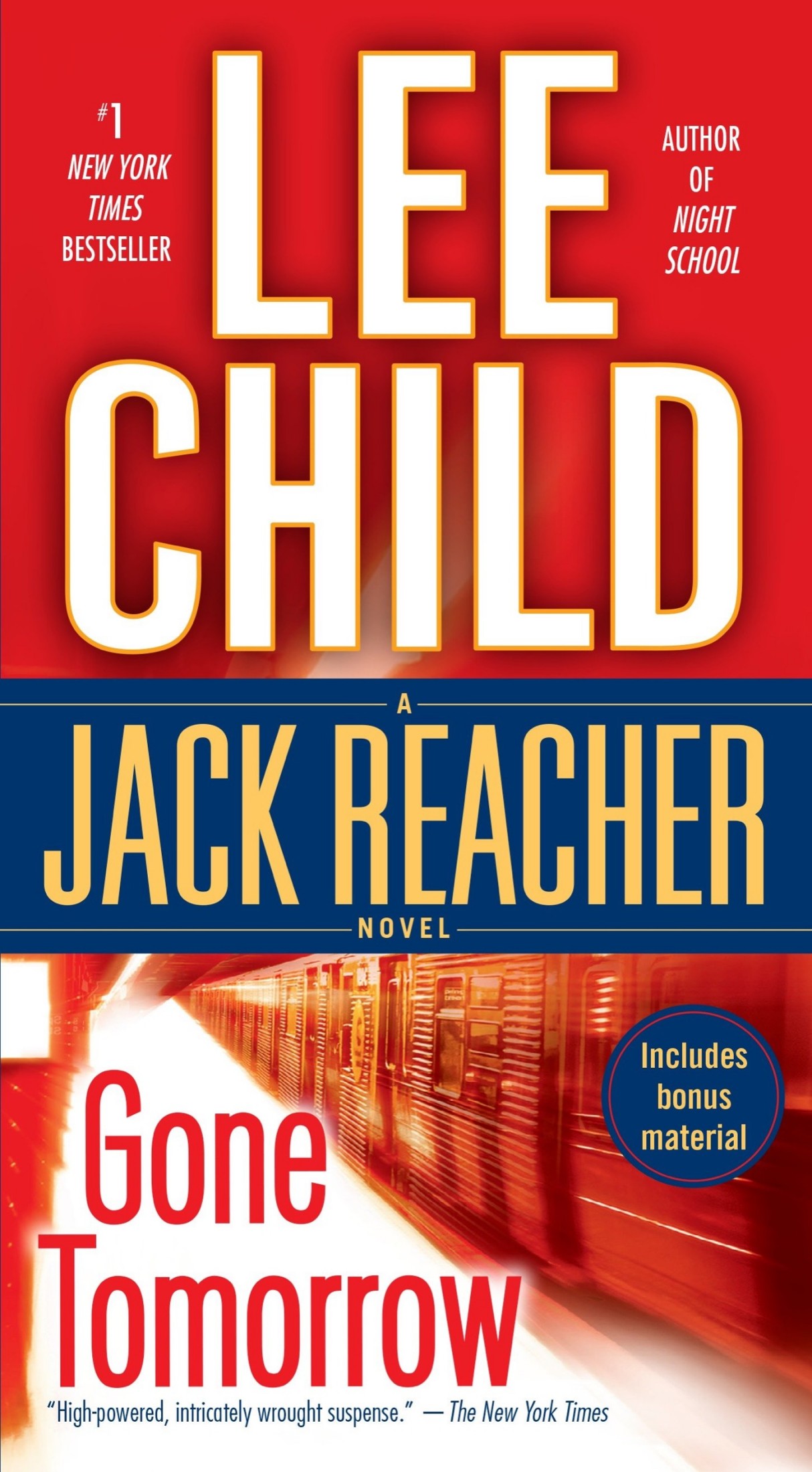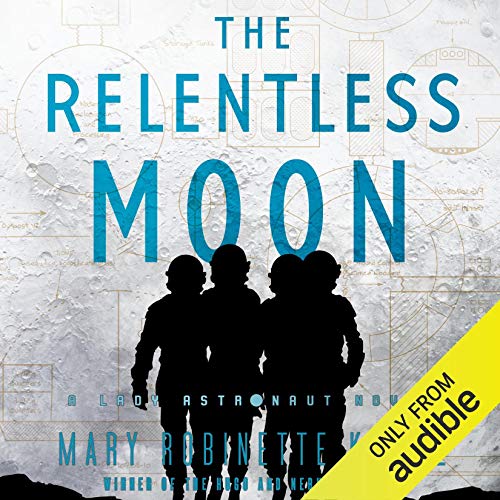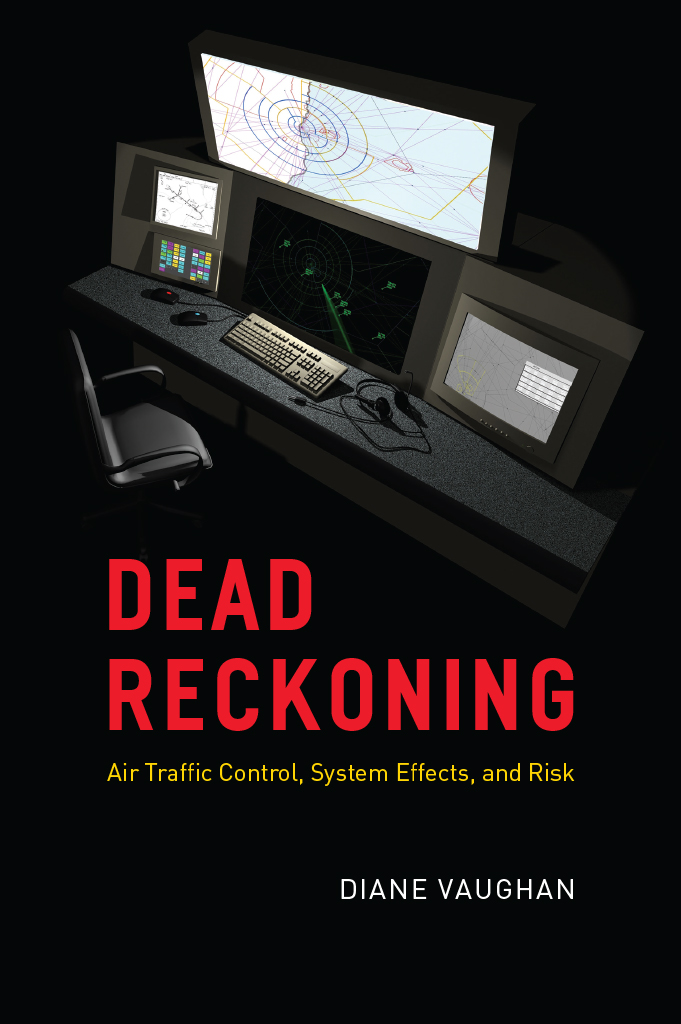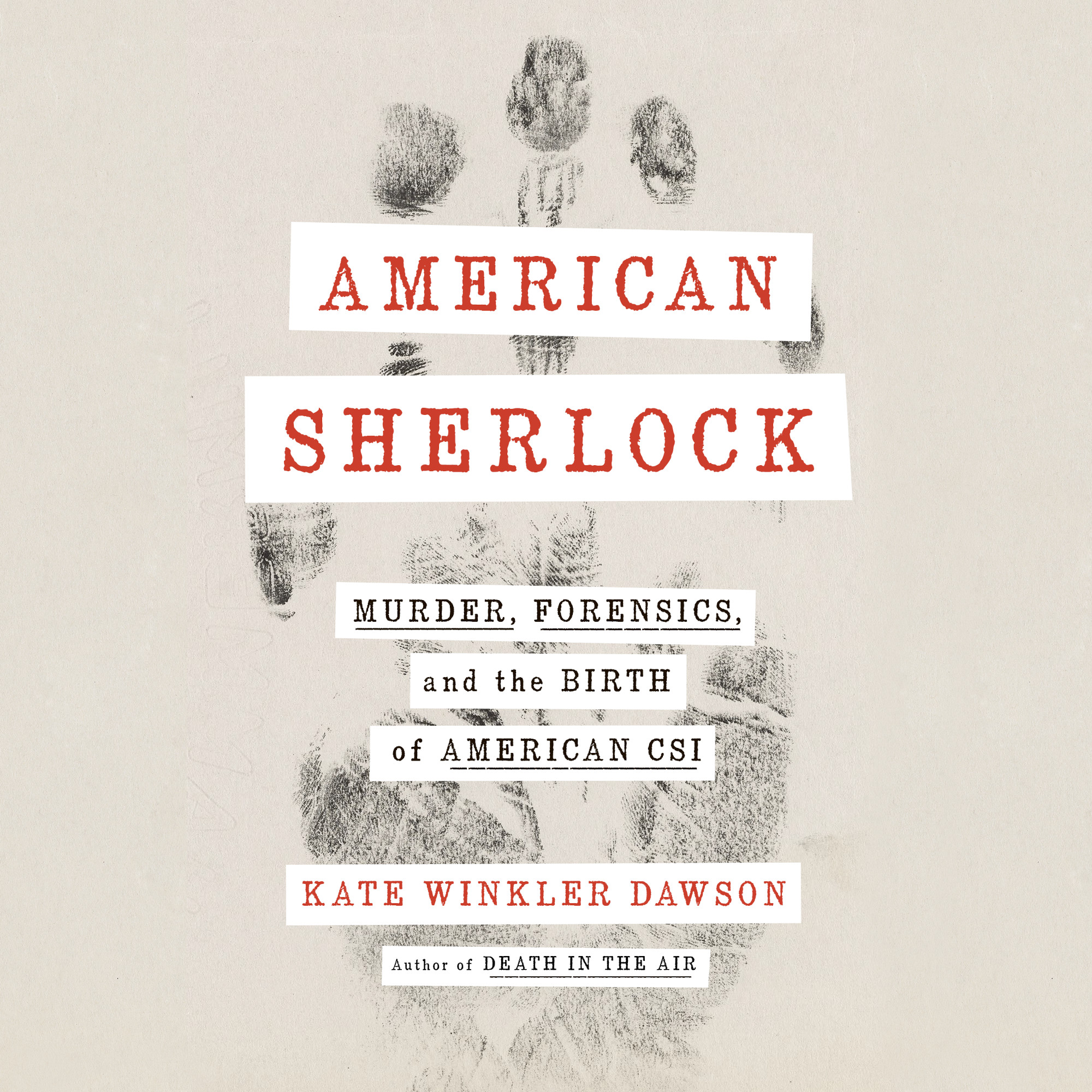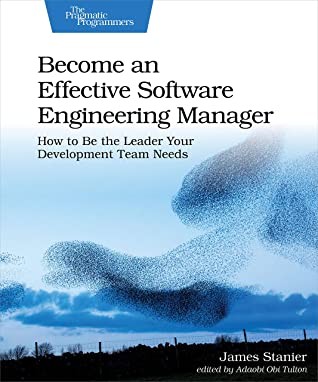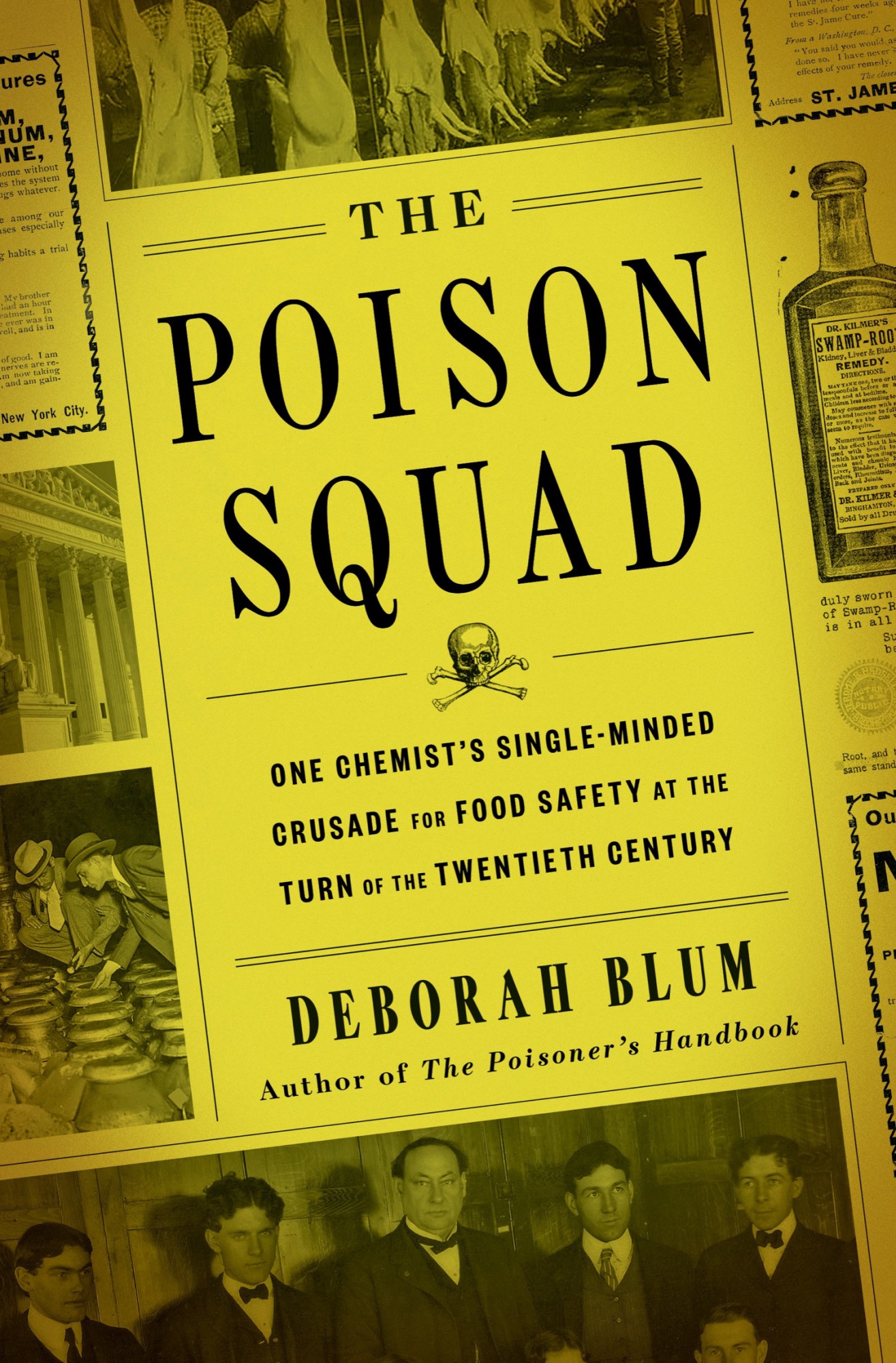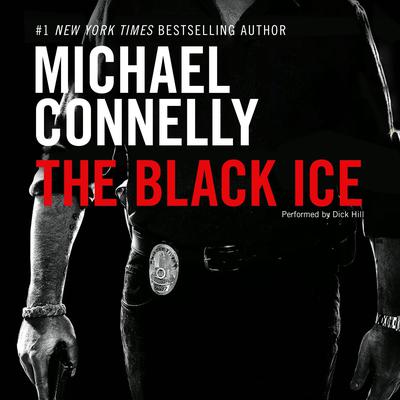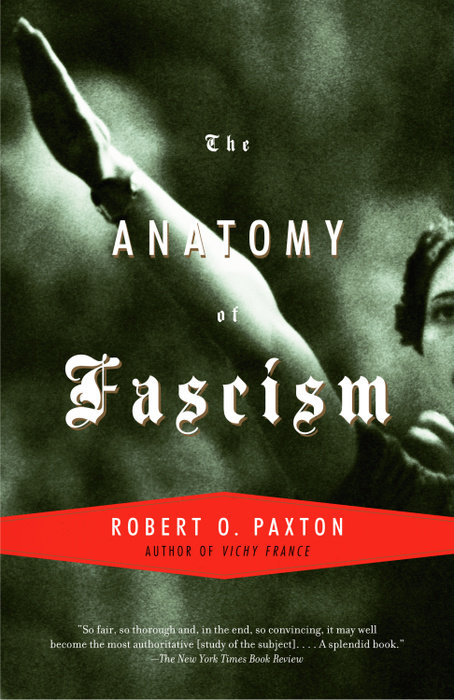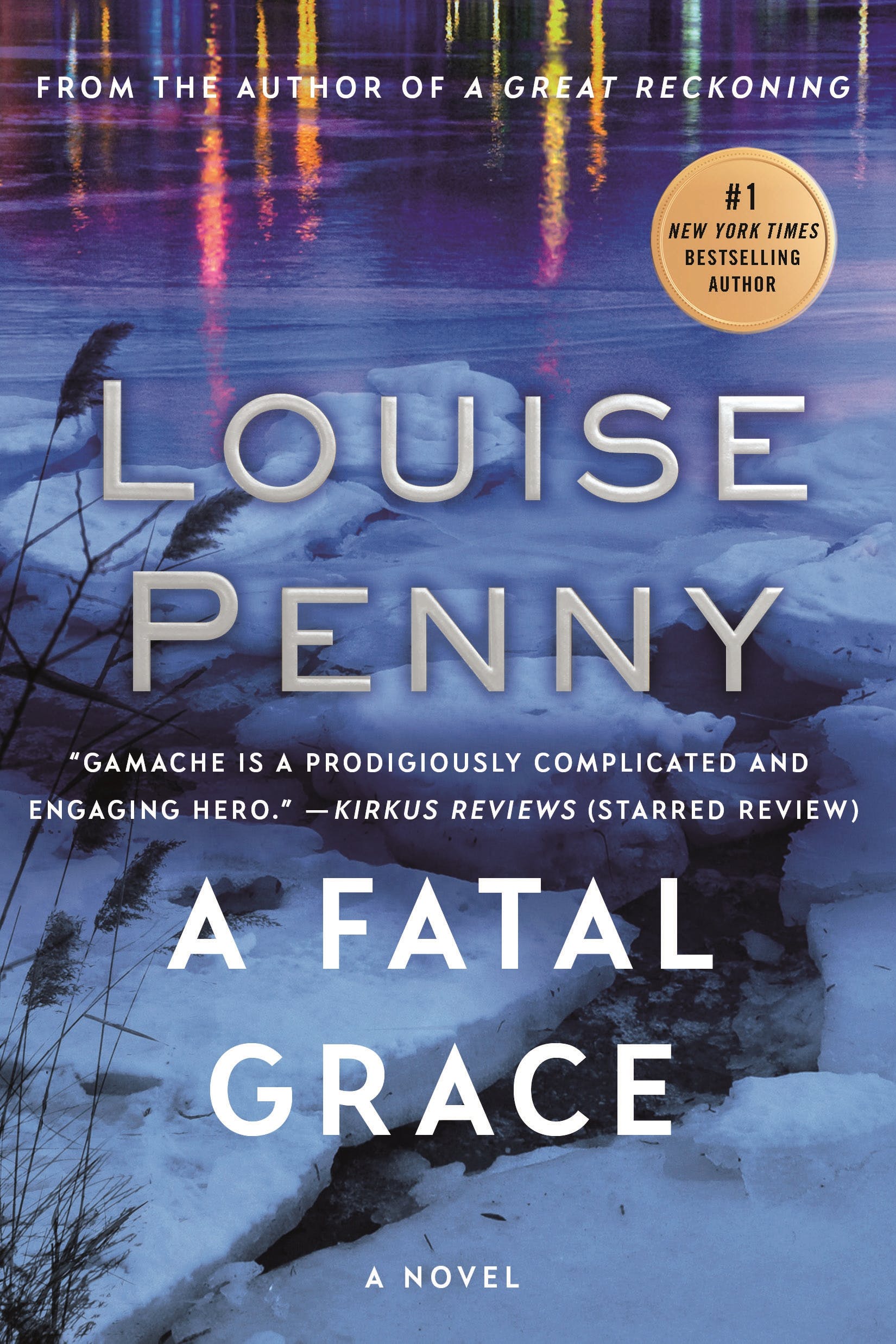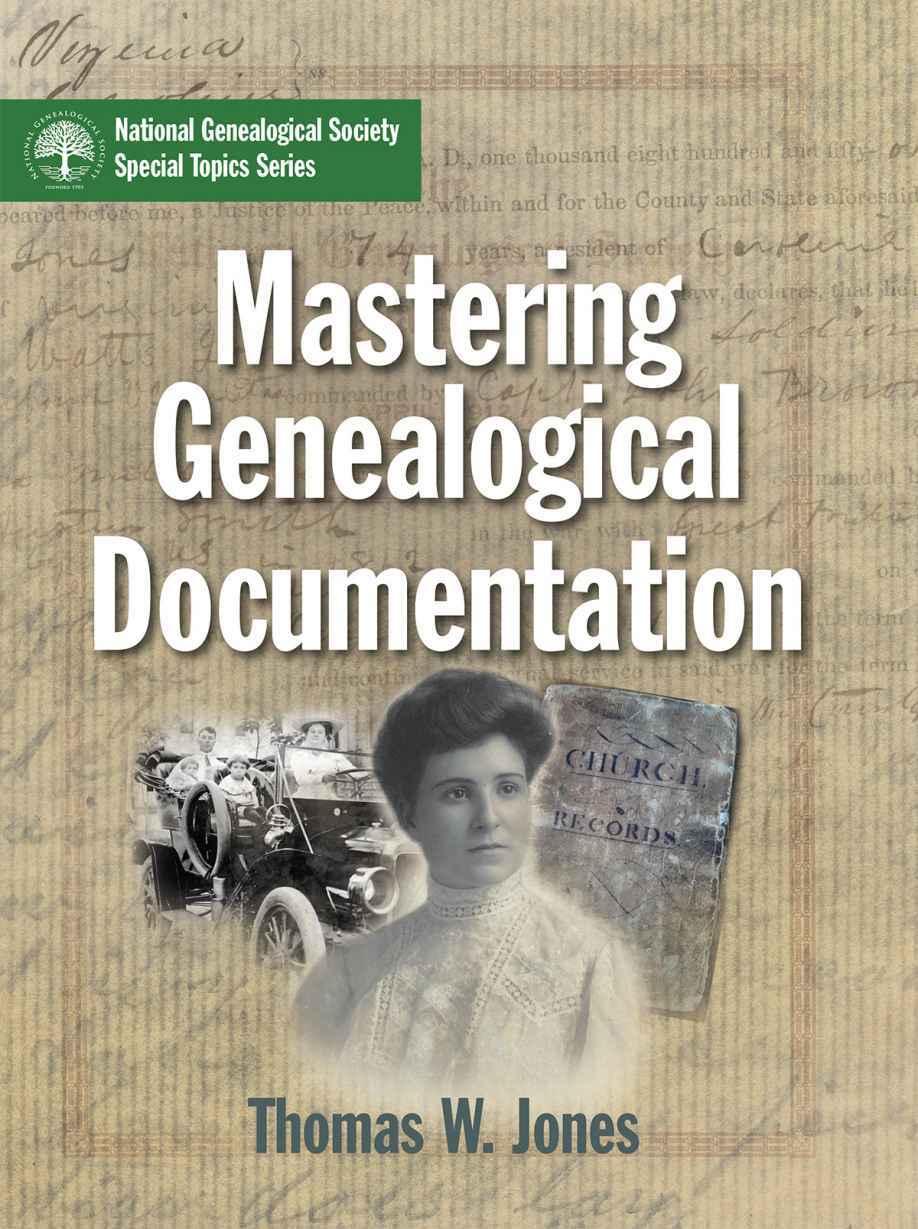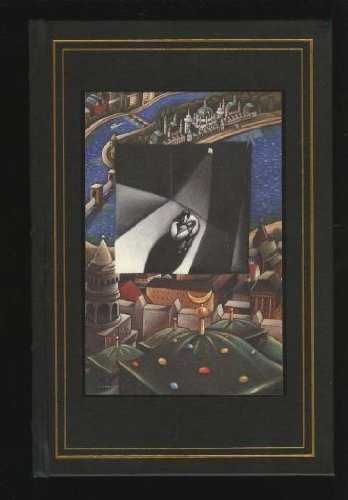I found Mastering Genealogical Documentation to be very very frustrating, but ultimately it was very useful. The author says this book is a textbook, whereas Evidence Explained is a reference work. To some degree that's true.
Despite having read Genealogy Standards a few times, I've clearly missed some important points. That's mostly because Genealogy Standards does not include discussion of the standards. I read a lot of technical standards for a living. BCG's Genealogy Standards leave a lot to be desired for explanation.
That's a preface to the first really good point about Mastering Genealogical Documentation: it's an extensive discussion and breakdown of BCG standard 5, which lays out the 5 facets/elements/components of a citation: who, what, where, when, and wherein. What satisfies as good information for each element? Thomas W. Jones answers that. (Evidence Explained really does not.)
The second really good thing about Mastering Genealogical Documentation is that Jones has multiple chapters devoted to the really common situation of having images of another source. He breaks that down into a few situations: published images of published sources, published images of unpublished sources, unpublished images of unpublished sources, and unpublished images of unknown or lost sources. For each of those scenarios, the book lays out 4-5 options for how to construct citations. More importantly, the author explains why he recommend or does not recommend each method. Jones was editor of NGS Quarterly from 2003 to 2018, so he's certainly influential, but I'd prefer he didn't use passive voice as if his views are universal, using passive voice ("this option is not recommended").
The third really good thing about Mastering Genealogical Documentation is that Jones presents an actual process. Chapter 17 presents "Ten steps to cite any source". Boy howdy is that really useful! I do wish he didn't wait until the last chapter because that process would have been useful to work through the exercises in each chapter, particularly the exercises based on "using your own sources, apply this chapter".
Two related parts worth criticism though. One, Jones presents everything through a lens of format rather than function. Capitalize this way, not that way! Use periods here! I think people would learn & understand better with a focus on the what, and then applying that into how to format it into a citation. The second is that Jones focuses on publication of citations (Elizabeth Shown Mills does this as well in Evidence Explained). Jones is both a publication editor, as well as a frequently published writer. But there's a vast swath of "intermediate" genealogists who are trying to build family trees accurately and to high standards rather than publish articles. We don't work primarily with word processing software, and formal citations are a hindrance to smooth work flow. For instance, when I am documenting a source of published images of unpublished records, combining the documentation into one sentence like citation makes it harder for me to pick out each source as I review my notes. When I initially wrote this criticism on social media, one person responded to me with "just do what you want, use the parts you find useful." Which is absolutely true, but not useful. What I am saying is this work is tailored to budding genealogy writers or transitional professionals, not intermediate genealogists who want more solid trees. But it is extremely useful to those of us in that category; we just have to dig out the useful parts.
